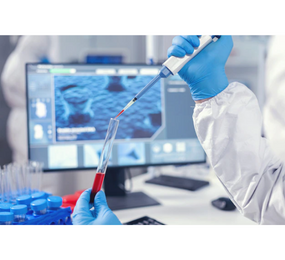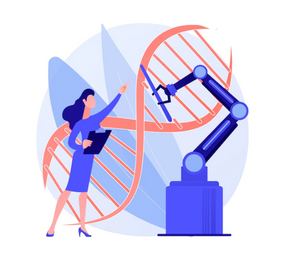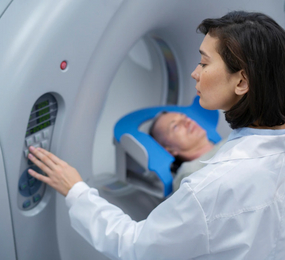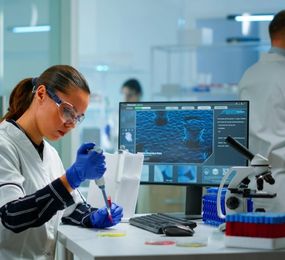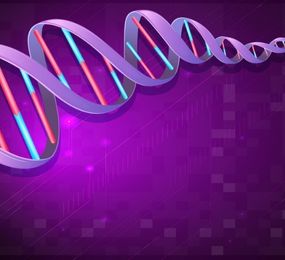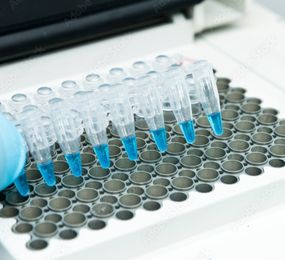The landscape of bioprocessing has been dramatically reshaped by the integration of next-generation analytics, allowing for real-time process monitoring and control. This paradigm shift in biopharmaceutical manufacturing has ushered in numerous benefits, from improved product quality to greater efficiency.
One of the key advantages of next-generation analytics is the ability to monitor critical process parameters in real time. Advanced sensors and monitoring systems collect data throughout the production process, providing an immediate understanding of how variables are influencing product quality. This real-time insight enables quick adjustments to maintain product consistency.
Predictive modeling is another game-changing aspect of next-generation analytics. Machine learning and artificial intelligence (AI) algorithms analyze the collected data to identify potential deviations or issues. This proactive approach allows for the prevention of product quality problems before they occur, rather than reacting to them after the fact.
The impact of next-generation analytics extends to process optimization. With a deeper understanding of the manufacturing process, biopharmaceutical companies can fine-tune their processes to maximize yield, reduce waste, and minimize production costs.
Furthermore, the adoption of these analytics contributes to regulatory compliance, as it provides a transparent record of the manufacturing process and quality controls.
In conclusion, next-generation analytics have become indispensable tools in bioprocessing, enhancing product quality, efficiency, and regulatory compliance. This evolution represents a significant leap toward more reliable and cost-effective biopharmaceutical production.
To register or learn more about the Forum please check here: https://bit.ly/3zxguXW
For more information and group participation, contact us: [email protected]




